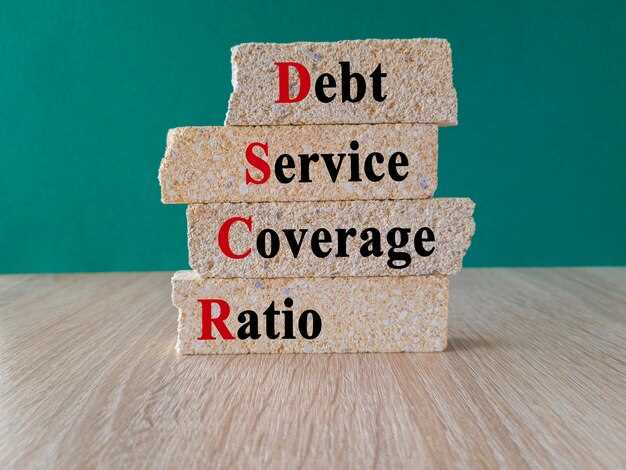
The presence of a salvage title on a vehicle has significant implications for both its insurance coverage and overall market value. A salvage title is issued to vehicles that have been declared a total loss by an insurance company due to damage from accidents, theft, or natural disasters. This designation can drastically affect a buyer’s perception, often leading to a notable decrease in the vehicle’s resale value compared to similar cars with clean titles.
One of the primary concerns for prospective buyers of salvage title vehicles is insurance coverage. Many insurance companies either refuse to insure these vehicles or offer coverage at a much higher premium. This can restrict the options available for maintaining adequate protection against unforeseen events, which in turn influences the desirability of the vehicle in the used car market. Furthermore, even if insurance is attainable, comprehensive coverage may be limited, focusing primarily on liability rather than the full spectrum of protection.
Additionally, the depreciation rate of salvage title vehicles tends to be higher, especially shortly after purchase. Owners of these vehicles often face the challenge of receiving significantly lower offers when it comes time to sell, compared to similar vehicles with a clean history. This depreciation factor not only impacts initial buying decisions but also plays a crucial role in long-term financial considerations for the owner. Understanding the ramifications of a salvage title is essential for both buyers and sellers in navigating the complexities of car ownership and value retention.
Insurance Premiums: How Salvage Titles Affect Your Rates

When a vehicle is issued a salvage title, it indicates that the car has been significantly damaged and deemed a total loss by an insurance company. This designation not only affects its market value but also has a profound impact on insurance premiums. Insurers view salvage titled vehicles as higher risk due to their history of being involved in severe accidents, leading to potential mechanical and safety issues.
As a result, insurance premiums for vehicles with salvage titles are typically higher compared to those with clean titles. This is partly because the risk of future claims is perceived to be greater, prompting insurers to adjust rates accordingly. Additionally, the depreciation rate for salvage titled vehicles is significantly higher, which can lead to challenges in determining the appropriate value at the time of a claim. This can influence how much an insurer is willing to pay in the event of a loss, affecting overall coverage costs.
Moreover, many insurance companies may limit the types of coverage available for salvage titled vehicles. Comprehensive and collision coverage options might be restricted or entirely unavailable, further impacting your insurance rates. This limited coverage combined with elevated premiums creates a financial disadvantage for owners of salvage vehicles when compared to those with standard titles.
In summary, the salvage title designation directly contributes to higher insurance premiums and greater depreciation, underscoring the importance of understanding how such a title can affect both present insurance costs and future vehicle value.
Understanding Depreciation: The Financial Impact of Salvage Vehicles

Depreciation refers to the reduction in value of an asset over time. For vehicles, this process is influenced by various factors including age, mileage, and condition. However, when it comes to salvage vehicles, the impact of depreciation is significantly more pronounced. A salvage title generally indicates that a vehicle has been involved in a serious accident or has sustained substantial damage, leading to its classification as a total loss by an insurance company.
The financial ramifications of owning a salvage vehicle are considerable. Typically, these vehicles experience a much steeper depreciation rate than their non-salvage counterparts. Buyers may be wary of purchasing a salvage vehicle due to the potential for hidden issues, leading to diminished demand and, subsequently, a lower resale value. As a result, the initial purchase price of a salvage vehicle might be lower than that of a comparable vehicle with a clean title, but this price advantage can quickly evaporate as depreciation accelerates.
The impact of depreciation on salvage vehicles not only affects their resale value but also has implications for insurance coverage. Insurers often provide lower payouts for salvage titles, reflecting the reduced market value. In case of an accident, the compensation received may not adequately cover the initial investment, leading to financial loss for the owner.
Understanding these dynamics is crucial for anyone considering purchasing a salvage vehicle. While there may be opportunities for savings upfront, the long-term financial impact due to rapid depreciation and lower insurance payouts must be carefully evaluated. Buyers should weigh these factors and conduct thorough research before making a decision, ensuring they are well aware of the potential financial implications of acquiring a salvage vehicle.
Navigating Coverage Options: Insurance Policies for Salvage Title Cars
When considering a vehicle with a salvage title, understanding the impact on insurance coverage is crucial. Salvage title cars typically have been deemed a total loss by insurers due to severe damage, theft, or other significant issues. As a result, securing an appropriate insurance policy can prove challenging.
First, it’s essential to recognize that many insurance companies offer limited options for vehicles with salvage titles. Some may refuse coverage entirely, while others might provide only liability insurance. This limitation significantly affects the overall value of the car, as comprehensive and collision coverage may be unavailable, leaving owners vulnerable in case of further accidents.
For those who do find insurers willing to provide coverage, the policies often come with higher premiums due to the increased risk associated with salvage title cars. Insurers consider factors such as potential repairs, diminished value, and safety concerns when determining policy rates.
Another important consideration is the possibility of obtaining a “rebuilt” title after repairs are completed on a salvage title vehicle. This status can sometimes enhance the vehicle’s insurability, but potential buyers should verify the quality of repairs and documentation before committing. Additionally, even with a rebuilt title, some insurers may still impose restrictions or higher deductibles on coverage.
In summary, navigating insurance policies for salvage title cars requires thorough research and an understanding of the potential complexities involved. Drivers must weigh the benefits of coverage against the impact on the vehicle’s value and future insurability, ensuring that they select a policy that aligns with their needs and offers adequate protection.
